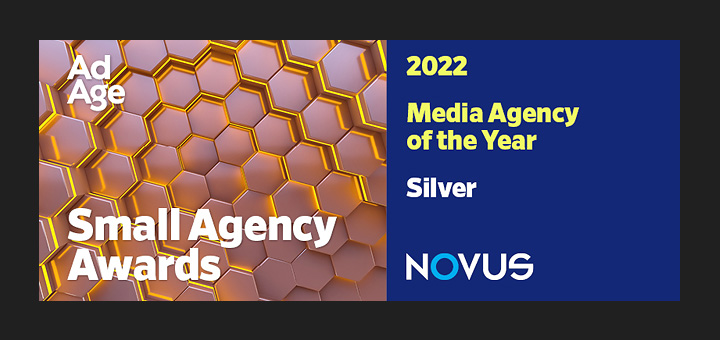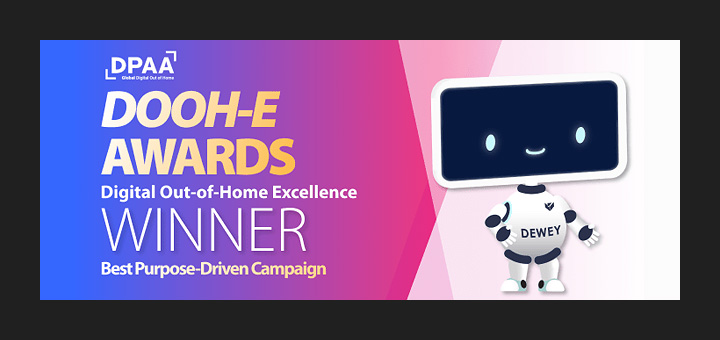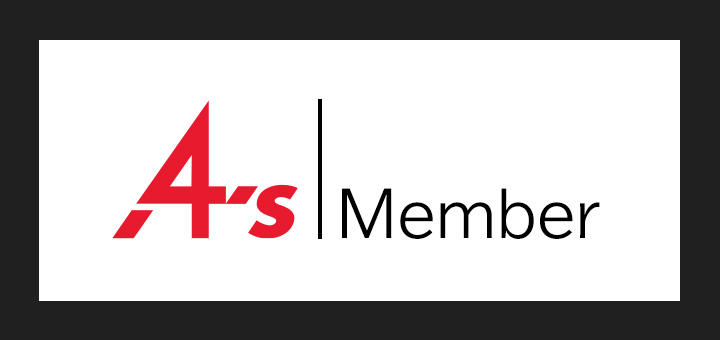Going all-in for your clients: A uniquely human endeavor
Agencies need to be indispensable business partners, and that often means going above and beyond formally defined roles. Here are five tenets of client service that are more important today than ever.
While these may seem over-the-top examples, they belie a fundamental truth about the ad business: The best agencies and account people are “all in” on the clients and brands they serve.
In recent years, technology has transformed the advertising industry, ushering in the era of the martech stack, programmatic opportunities, and now generative AI—all incredibly helpful tools for both agencies and marketers. But all the technology in the world won’t replace the benefits of strong client service and client partnership. Following the major tenets of client service is as important as ever.
Here are five tenets of client service that are more important today than ever:
1. BE TRUSTWORTHY
I once had to sit on a single chair in a ballroom, encircled by about 50 franchisees grilling me like a senate confirmation hearing. I answered every question honestly, even if I knew answers would tick them off. While some franchisees berated me, others came to my defense saying they needed a partner who gave it to them straight. Ultimately, they approved our reco and we gained business.
2. HOW YOU DO THINGS IS AS IMPORTANT AS WHAT YOU DO
I had a client with whom I couldn’t fully connect until a colleague pointed out that my usual attempt to keep calm in the face of pressure was misinterpreted as not caring. This particular client was full of passion and emotion: Cursing when things went wrong and letting my frustration show was oddly the better approach.
You needn’t fundamentally change who you are, but it sure can be helpful sometimes to change your communication style to match your client’s expectations.
A great agency and a great business partner always find ways to get things done. Many years ago, a CMO called one Friday night needing a physical copy of a competitive advertising reel overnighted to LA before he left for an international trip. The service that provided those reels was closed and, not knowing what else to do, I just kept calling the main office number for an hour straight. Finally, around 9 PM, someone picked up the phone: A janitor. He said he couldn’t help me and was about to hang up when I blurted, “Do you like wine?!” In fact, I do, he replied. I promised to send him an expensive bottle, and sure enough, that reel got to my client on time. And somewhere a janitor enjoyed a premium cabernet.
4. BE INDISPENSABLE
Beyond pulling rabbits out of hats for urgent tasks, it’s important to be a strategic business partner. An entertainment account I worked on was struggling to pull together a cohesive approach to balance a complex web of creative messaging and media tactics across multiple properties in several geographies. Technically well beyond our scope as a media agency, my boss helped me develop a “communication architecture” that pulled everything together, with clear rules for ease of decision-making. The agency ended up getting a seven-figure increase and a seat at the table for every major marketing decision for years to come.
5. HAVE A CLEAR POINT OF VIEW
Despite what they may say, very few clients want to pay for a “yes” person. After all, that client hired you to provide your expertise. And if they didn’t, it’s probably not the right client for you (or me).
Your job is providing counsel and leaning into your and your team’s years of expertise. Have an opinion, but back it with data, not just gut or emotion. And don’t be afraid to state it and (respectfully) disagree and debate. Some of the best insights in my career have started as constructive disagreements with clients on the right path forward.
6. MAKE THEIR BUSINESS YOUR BUSINESS
Partnership is a two-way street. We had a client that was struggling to make payroll during COVID’s early days. Rather than relinquish the business and put our client at a disservice, we told them we trusted them to pay when they could. They, of course, did. Our bond (and mutual business) is stronger than ever.
Client/agency partnerships are still the backbone of the marketing and advertising industry. While the business has transformed immeasurably in recent years, the best practitioners of old-fashioned “client service” prove there’s no technology that can replace the human touch.




